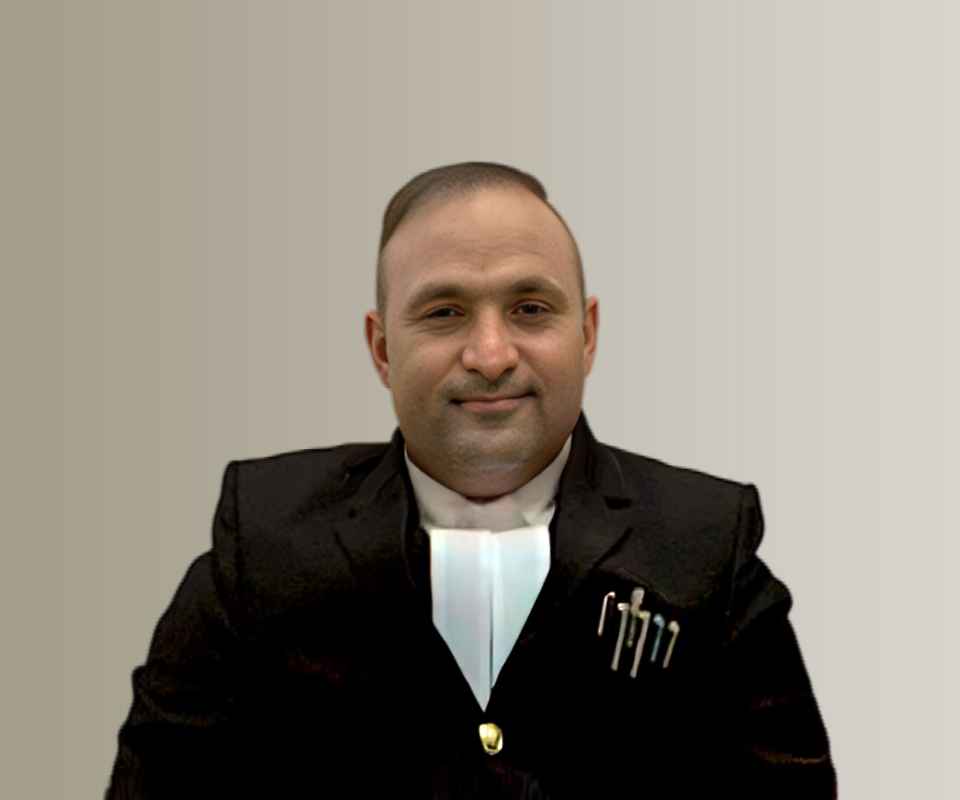Answer By law4u team
Talaq is the Islamic practice of divorce, where a Muslim man can unilaterally end the marriage by pronouncing the word talaq (meaning I divorce you) to his wife. Talaq is an essential part of Muslim personal law, which is governed by Sharia law. The practice allows a man to dissolve a marriage under specific conditions, but over the years, talaq has been subject to legal scrutiny and reforms in India, especially regarding the controversial triple talaq (talaq-e-bid'ah) practice.
Types of Talaq in Islamic Law:
- Talaq-e-Ahsan: This is the most preferred and recognized form of divorce in Islam. The husband pronounces talaq once during the wife's menstrual cycle and then waits for three menstrual cycles (iddat) during which reconciliation is possible. If reconciliation does not occur, the divorce becomes final at the end of the iddat period.
- Talaq-e-Hasan: In this form of talaq, the husband pronounces talaq once per month for three consecutive months, giving the wife time to reconcile. After the third pronouncement, the divorce becomes final.
- Talaq-e-Bid'ah (Triple Talaq): This form of talaq involves the husband pronouncing the word talaq three times in a single sitting or occurrence (without any waiting period between pronouncements). It has been highly controversial and was declared unconstitutional by the Supreme Court of India in 2017. Triple talaq was criticized for being arbitrary and unfair to women because it could be pronounced instantly and without any opportunity for reconciliation.
Legal Status of Talaq in India:
Talaq and Its Legality Pre-2017:
Before 2017, talaq-e-bid'ah (triple talaq) was widely practiced in India, where a husband could divorce his wife instantly by saying talaq three times in one sitting. While talaq-e-hasan and talaq-e-ahsan were considered more formal and structured, triple talaq became a common, albeit controversial, practice.
Sharia law gave men the unilateral right to divorce, but Muslim women could only seek divorce through khula (divorce initiated by the wife), and the husband had to agree for the dissolution, or they had to approach the court for a faskh (annulment).
Triple Talaq and the Supreme Court Ruling (2017):
- On August 22, 2017, the Supreme Court of India declared the practice of triple talaq (talaq-e-bid'ah) unconstitutional. The Court held that the practice was arbitrary, discriminatory, and violative of fundamental rights, specifically the rights to equality and dignity under Article 14 and Article 21 of the Indian Constitution.
- The court’s judgment overturned the practice of triple talaq, calling it not an essential practice of Islam and noting that it was against the spirit of equality and gender justice.
Muslim Women (Protection of Rights on Marriage) Act, 2019:
- Following the Supreme Court ruling, the Muslim Women (Protection of Rights on Marriage) Act, 2019 was enacted to criminalize the practice of instant triple talaq. The law makes the practice of pronouncing talaq-e-bid'ah in one sitting illegal, and anyone who does so can be jailed for up to three years and fined.
- The law also gives Muslim women the right to approach the magistrate for maintenance and custody of children in cases where triple talaq has been pronounced. It also provides for bail for the husband, but only after the wife receives compensation.
Impact of the Law on Muslim Women:
- The Muslim Women (Protection of Rights on Marriage) Act aims to protect the rights of Muslim women by ensuring that they cannot be divorced instantly through the practice of triple talaq. Women are now legally protected and can claim maintenance, and in some cases, compensation, if they are divorced using the unlawful method of triple talaq.
- Court intervention is now required in cases of divorce by triple talaq, allowing for more judicial oversight and ensuring that Muslim women are not left without legal recourse.
Controversies and Criticisms:
Opposition to the Law:
- The Muslim Women Protection Act has been controversial. Some believe that it interferes with the personal laws of Muslims and undermines their religious freedom. The law was passed despite opposition from several Muslim groups, who argued that it imposed unnecessary state interference in religious matters.
- Critics of the 2019 law argue that it criminalizes a personal issue between a husband and wife, potentially leading to misuse and excessive punishment for what some see as a personal and religious matter.
Support for Women's Rights:
- On the other hand, women’s rights groups and activists support the law, calling it a significant step toward gender equality within the Muslim community. By banning instant talaq, the law aims to protect Muslim women from arbitrary divorces, ensuring they have the right to a fair process.
- The Supreme Court’s judgment and the subsequent law provide a balance between religious freedom and gender justice, ensuring that Muslim women are not left at the mercy of arbitrary divorces and are entitled to support and legal recourse.
Other Forms of Divorce Under Muslim Law:
- Khula: As mentioned earlier, khula is a form of divorce initiated by the wife. The wife must approach the husband with a request for divorce. If the husband refuses, the wife can go to court for judicial dissolution of the marriage.
- Faskh: Faskh is a court-ordered annulment of marriage, which can be granted if there are valid reasons such as cruelty, desertion, or failure to maintain. The wife can file for faskh if she can prove that the marriage cannot be continued due to such issues.
- Tafweez (Delegated Divorce): In certain cases, the husband may delegate the power to his wife to pronounce talaq on his behalf if the marriage breaks down. This form of divorce is included in some marriage contracts (nikahnama).
Example:
Scenario: Saba has been married to Zubair for 5 years, but their relationship has been deteriorating. Zubair pronounces triple talaq (talaq-e-bid'ah) in one sitting.
Steps Saba Should Take:
- File a Case: Saba can immediately file a petition under the Muslim Women (Protection of Rights on Marriage) Act, 2019 to challenge the triple talaq and seek justice.
- Seek Maintenance and Alimony: She can apply to the magistrate for maintenance and alimony during the iddat period.
- Court Relief: The court will intervene and ensure that she receives compensation and maintenance, and if she has children, she may seek custody.







